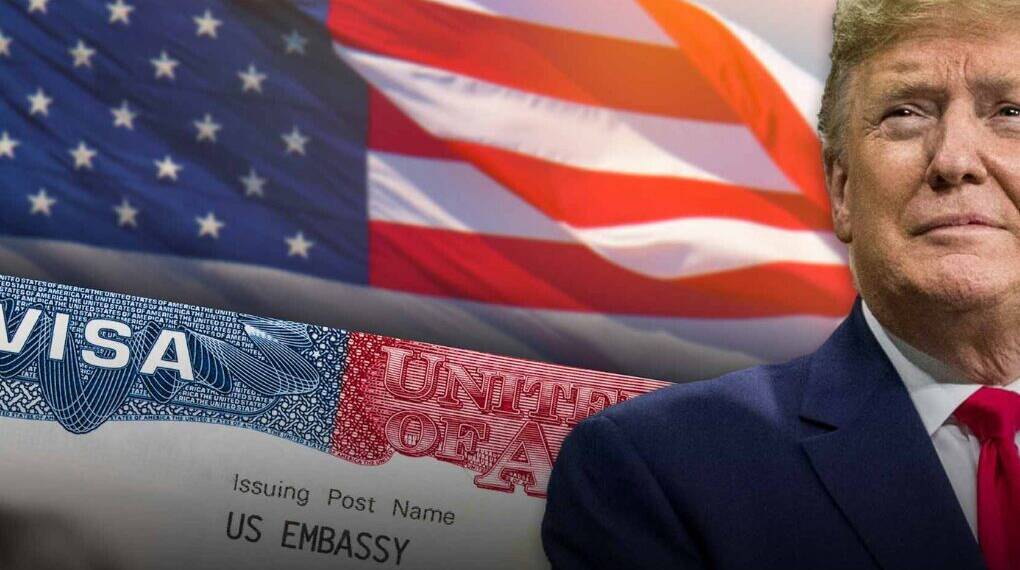The US State Department has announced a new move that could profoundly impact would-be travelers from a range of countries: a 12-month pilot program that requires select visitors to pay a refundable bond of up to $15,000 in order to obtain a visa. This policy, set to begin 15 days after its Federal Register notice, is aimed squarely at citizens of countries with high visa overstay rates and where screening or vetting information is lacking.
A preview of the bond notice, which was posted on the Federal Register website on Monday, said that “Aliens applying for visas as temporary visitors for business or pleasure and who are nationals of countries identified by the department as having high visa overstay rates, where screening and vetting information is deemed deficient, or offering citizenship by investment, if the alien obtained citizenship with no residency requirement, may be subject to the pilot program,”.
The countries affected will be listed once the program takes effect, it said. The bond could be waived depending on an applicant’s individual circumstances. The bond would not apply to citizens of countries enrolled in the Visa Waiver Program, which enables travel for business or tourism for up to 90 days. The majority of the 42 countries enrolled in the program are in Europe, with others in Asia, the Middle East and elsewhere.
How Will the Bond Requirement Work?
Under the trial, business and leisure visitors from targeted nations must post a bond ranging from $5,000 to $15,000 if they want to travel to the US. The list of countries has not been explicitly disclosed, but the policy will not affect travelers from Canada, Mexico, or countries under the Visa Waiver Program. Instead, it focuses on nations identified for high overstay rates—a pattern seen in places like Chad, Eritrea, Haiti, Myanmar, Yemen, and several African nations such as Burundi, Djibouti, and Togo, based on recent Customs and Border Protection data.
The process also stipulates that affected visitors travel through specific US airports, though those airports have not yet been named. For compliant travelers, the posted bond will be reimbursed upon departure in accordance with visa terms.
A Shift in US Visa Policy under Trump
This trial is not unprecedented. In the final months of President Donald Trump’s first term in November 2020, a similar initiative was launched, although global travel disruptions during the COVID-19 pandemic meant it was never fully implemented. With Trump’s renewed focus on stricter immigration and travel controls, the bond system embodies the administration’s intent to tighten US borders and enforce visa compliance.
The Trump-era travel ban also targeted countries such as the ones affected by the new bond pilot, that have historically seen higher visa overstay rates. The new measure is widely viewed as an extension of the broader effort to curtail irregular migration and heighten security checks, especially when the US believes screening from another country is inadequate.
Global Impact and Criticism
It is not yet clear exactly how many travelers will be affected by the bond requirement. However, for many from the targeted countries—including business people and families—the prospect of posting a large bond may be prohibitive, effectively curtailing travel. Human rights advocates and some in the business community warn the move could hurt international ties, affect tourism, and disproportionately impact those least able to afford the extra financial burden.
What’s Next?
With this latest step, the US continues its post-pandemic recalibration of immigration rules, focusing on enforcement and risk mitigation. The effectiveness and fairness of the visa bond program will be closely watched, particularly as debates continue over the balance between border security and openness in a changing global environment.








